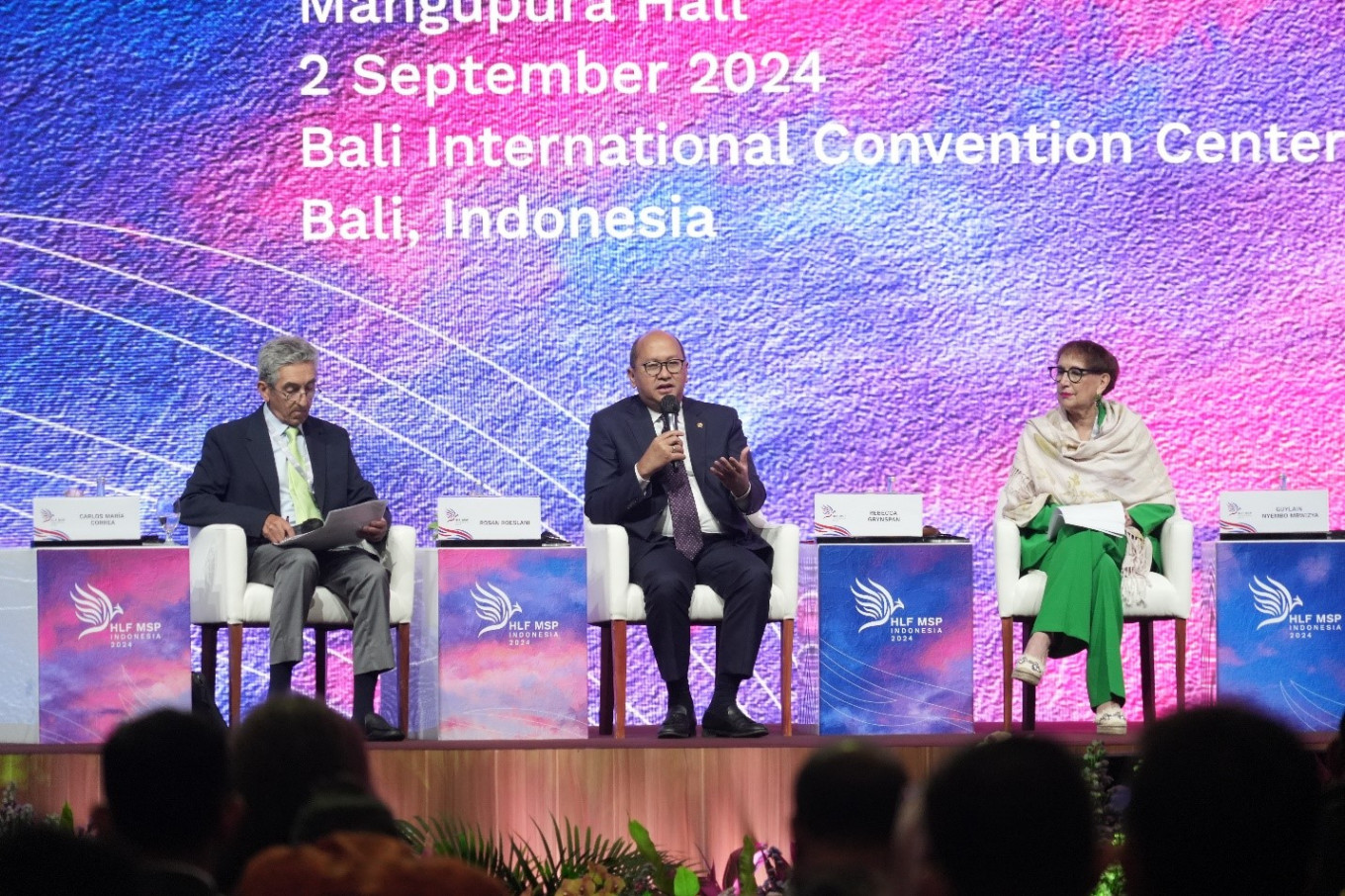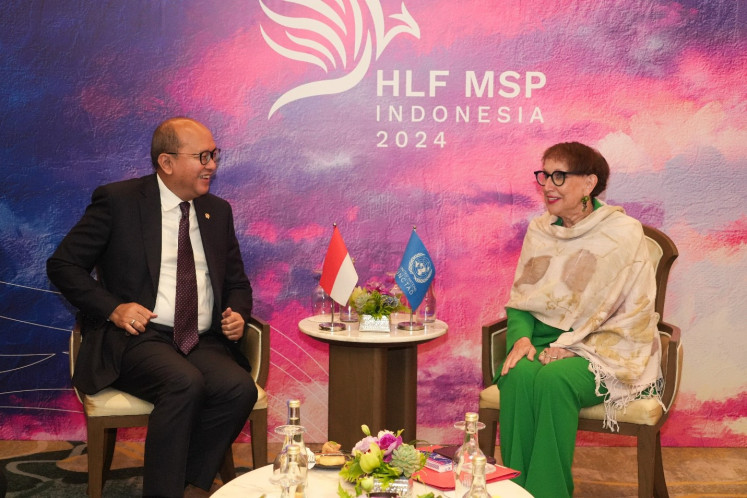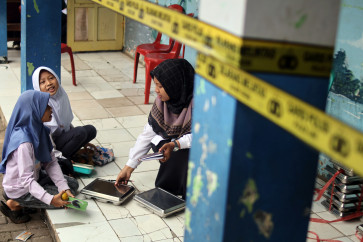Popular Reads
Top Results
Can't find what you're looking for?
View all search resultsPopular Reads
Top Results
Can't find what you're looking for?
View all search resultsIndonesia-Africa Strengthen Strategic Partnership In Three Sectors
Change text size
Gift Premium Articles
to Anyone
T
he Indonesian government and African nations have reaffirmed their commitment to bolstering a strategic partnership across three key areas: green energy cooperation, downstream industry and human capital development.
"Indonesia is demonstrating a strong commitment to enhancing this relationship, fostering a partnership that is mutually beneficial and strengthens the Global South's position on the international stage. We believe that this partnership will not only drive economic growth but also advance human capital development," said Investment Minister and Investment Coordinating Board (BKPM) Chairman Rosan Roeslani on Sept. 2, 2024, during a panel discussion at the High-Level Forum on Multi-Stakeholder Partnership (HLF MSP) in Nusa Dua, Bali.
The goal, he said, is to address global challenges such as poverty, climate change and inequality while improving the quality of human resources in both regions. Rosan called for global leadership and active collaboration among Global South countries to realize this strategic partnership.
"I speak today to collectively support the leadership of the Global South on the world stage so that we can bring forth the aspirations and needs of the southern nations. The future lies in the Global South," explained Rosan, who served as Indonesia’s Ambassador to the United States from 2021 to 2023.
Indonesia's strategic position
Rosan emphasized Indonesia's strategic position and its experience in economic development, making it a key player in strengthening the Global South partnership. He highlighted the alignment between Indonesia's Vision 2045 and Africa's Agenda 2063, which aim to create a more just global environment. Both visions focus on sectors such as food security, health and sustainable energy.
Indonesia’s potential
Rosan pointed out several potential areas for cooperation between Indonesia and Africa, including the nickel industry. Indonesia, as the world's largest nickel producer, plays a crucial role in supplying one of the key materials for electric vehicle batteries. On the other hand, Zimbabwe possesses lithium resources and Morocco holds phosphate reserves. These three countries could collaborate to create an ecosystem for EV batteries.
"This collaboration could significantly contribute to the transition towards green energy," Rosan added.
In addition to green energy, Rosan outlined other partnership opportunities in downstream agricultural industries like seaweed farming as well as and plantations, including oil palm. As a follow-up, Rosan supported the idea of regular high-level meetings to foster a better understanding of the needs of both regions.
Bilateral Meetings
Following the forum, the Investment Minister held a bilateral meeting with Rebeca Grynspan, Secretary-General of the United Nations Conference on Trade and Development (UNCTAD). On the same day, the Investment Minister also accompanied the President of the Republic of Indonesia in bilateral meetings with several African leaders, including those from Ghana, Liberia, Zanzibar, and Zimbabwe. These discussions centered on three main issues: the economy, mining, and development.











